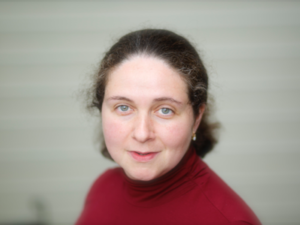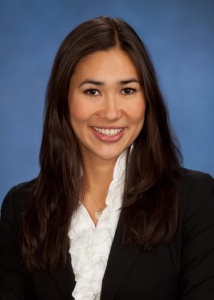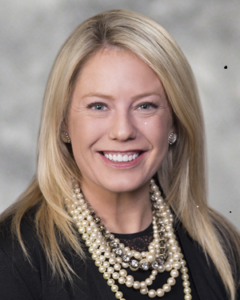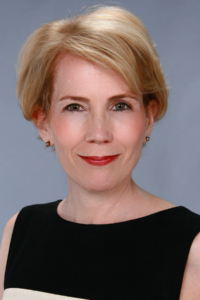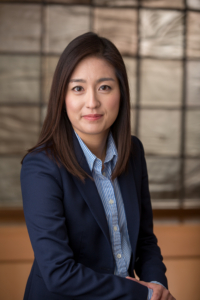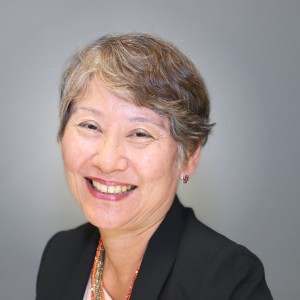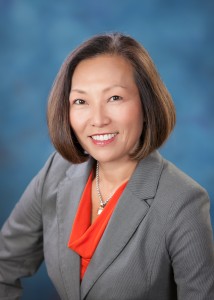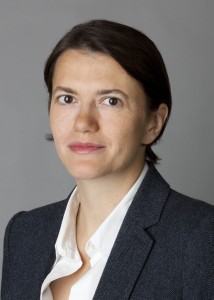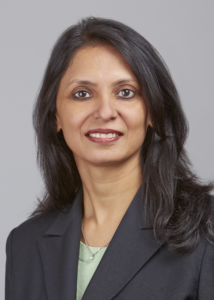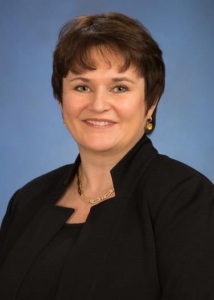 “The tougher the job, the faster you learn,” says Sally Boyle, who began her career as an employment lawyer before seguing into human resources and now leading that division in Europe and Asia in her current role at Goldman Sachs.
“The tougher the job, the faster you learn,” says Sally Boyle, who began her career as an employment lawyer before seguing into human resources and now leading that division in Europe and Asia in her current role at Goldman Sachs.
Unlike many women who chart a clear path as working moms, Boyle considered taking a break from her law career before her maternity leave and broached the subject with her female boss. “She instead encouraged me to take a master’s course during that time,” Boyle recalled. Her boss was writing a book on employment law, and suggested that if Boyle chose her topics carefully, she could parlay what she was learning in school into helping her write the book.
“I was a little taken aback when she arrived at the hospital with flowers and an enormous parcel of law books, but it was good advice,” Boyle said. While she found it challenging to study with a baby, overall she felt it was the perfect opportunity to keep herself connected with academic law and her boss.
Within 14 months she had her second son and continued to work towards her master’s degree, and then three years later, she decided it was time to go back to work. Her boss was committed to helping the next generation of women live more flexible lifestyles, and Boyle opted for a part-time schedule, since her barrister husband traveled frequently.
Several years later, deciding to ease back into full-time work, she took an interim job at a smaller firm outside the city. But after three years, she was yearning to be back in London, so activated her network and joined Goldman Sachs in 1999.
The firm was about to go public and having an employment lawyer in the London office was a new venture for them too. “It was the best job in the city. I was giving advice in a territory that spanned different cultures and covered 40 cities.”
Then in 2008, Boyle was tapped to take on responsibility for Goldman Sachs’s Human Capital Management Division in Europe. “I was a little surprised, having been a lawyer all my life, to be offered this opportunity to run a regional HR division. But even though I said I didn’t know that much about it, they expressed confidence I was well suited to the role.”
Her predecessor had moved to Asia to become head of human resources there so with no transition Boyle took the position, coincidentally on the very day that Lehman Brothers met its demise. She became partner in 2010 and now oversees the human resources businesses in Europe, India and Asia.
Taking on Challenges
For Boyle, the professional achievement she is most proud of is pivoting from law to human resources. “I was able to use skills I’d acquired as a lawyer, but also needed to intuitively figure out how to lead since there was no road map.” She said that her role in human resources is much broader than what she had been doing in law – allowing her to oversee everything from gyms to childcare centers, and helping employees with every phase of their careers, from the first time they show an interest in the firm to when they leave, including training and development.
She’s particularly interested in the overlay of the millennial generation and their expectations. “The way that we’re thinking about our biggest asset, our people, has to change, and it’s fascinating to work on new ways to retain and motivate our best people.”
Reviewing her career path, she knows she was able to advance into new areas because she had confidence in other people’s assessment of her. “I wasn’t constantly wondering whether I had the skills to take on a new role; rather I said yes because the people who asked me said I could.”
She has seen the rewards of having the confidence to take the leap into new things and rather than staying complacent. She says that she was fortunate to have strong mentors and sponsors who were constantly helping her see what a smart next step would be.
A Path to the Top
Right now, Boyle is enjoying an aspect of her role helping Goldman Sachs work with women in thoughtful ways to enhance their experience. “I got this mindset from my first boss,” she says. “Rather than having an attitude of, ‘I’ve had it tough and you will too,’ she helped smooth the way.”
To that end, Boyle has worked on programs in Europe at Goldman Sachs designed to engage women on maternity leave and give them a good experience coming back to work. The program connects the manager and woman from the start to talk about expectations while she is gone and when she returns to make sure that she is well integrated during the transition time.
Additionally, Boyle advises women entering the industry to build a strong network not only within the organization but more broadly. Boyle knows this from experience: had she neglected her network, she wouldn’t have gotten the opportunity to work at Goldman Sachs.
“I have confidence that women can do it all — they can be good mothers and good partners and successful workers, but you have to realize that it will be quality not quantity that will get you there.” She says that goes both ways – for family time and for work as well. “Managers need to give employees flexibility and trust them to manage their work.”
Away from the Job
An avid former tennis player, Boyle has recently turned her attention to cycling. In addition, she began golfing several years ago in an effort to join her family in one of their favorite pastimes. “It used to be my family was on the course, and I was at the spa,” she says. “But it’s an addictive game, once you start.”
By Cathie Ericson

